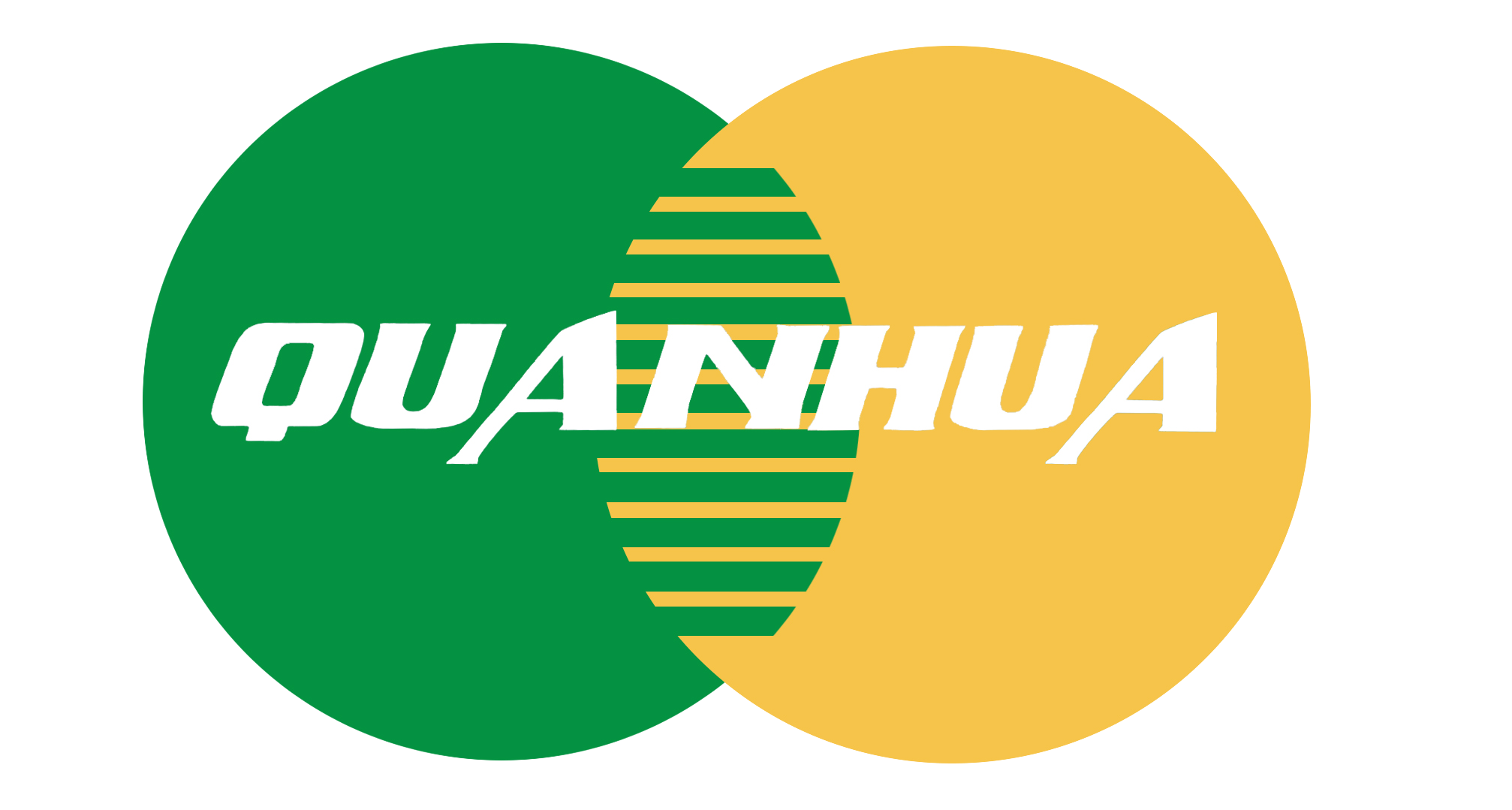Biodegradable Disposable Utensils vs. Compostable Cutlery: Unveiling the Greener Option for Eco-Conscious Consumers
In today's environmentally conscious world, individuals and businesses alike are increasingly seeking sustainable alternatives to everyday products. Disposable utensils, a staple in picnics, parties, and casual dining, are no exception. However, with the terms "biodegradable" and "compostable" often used interchangeably, confusion arises regarding the true eco-friendliness of these products. This article delves into the distinction between biodegradable and compostable disposable utensils, empowering you to make informed choices that align with your commitment to environmental sustainability.
Biodegradable Disposable Utensils: A Step in the Right Direction
Biodegradable disposable utensils are designed to break down over time into smaller organic matter under specific conditions. While this represents a move away from traditional plastic utensils that persist in landfills for centuries, it's crucial to understand that biodegradation doesn't necessarily equate to environmental friendliness.
The breakdown process of biodegradable utensils often requires industrial composting facilities, which are not widely available in many regions. Additionally, the timeframe for biodegradation can vary significantly, with some materials taking years or even decades to decompose fully. Moreover, the term "biodegradable" encompasses a broad range of materials, not all of which break down into environmentally benign substances.
Compostable Cutlery: The True Champion of Sustainability
Compostable disposable utensils, on the other hand, are specifically designed to break down into nutrient-rich organic matter within a defined period, typically under controlled composting conditions. These conditions include adequate moisture, oxygen, and a specific temperature range. Compostable utensils are certified to meet specific standards, ensuring they decompose into harmless substances that can enrich the soil.
The benefits of compostable cutlery extend beyond their ability to biodegrade. The composting process itself generates valuable soil amendments, reducing the need for chemical fertilizers and promoting healthier plant growth. Additionally, composting diverts organic waste from landfills, minimizing methane emissions, a potent greenhouse gas.
Making Informed Eco-Friendly Choices
When selecting disposable utensils, consider the following factors to make informed eco-friendly choices:
Certification: Look for certifications from reputable organizations like BPI (Biodegradable Products Institute) or Compost Manufacturing Alliance (CMA), which verify that the utensils meet compostability standards.
Material: Opt for compostable utensils made from materials like PLA (polylactic acid) or bamboo, which are known to break down effectively in composting facilities.
Local Availability: Consider the availability of composting facilities in your area. If composting infrastructure is limited, biodegradable utensils may be a more practical option.
Conclusion: Embracing a Sustainable Future
The choice between biodegradable and compostable disposable utensils is a step towards a more sustainable future. By understanding the nuances of each option and making informed decisions, we can collectively reduce our environmental footprint and contribute to a healthier planet. Remember, every small step counts in the journey towards a greener tomorrow.

